American atrocities doomed the Afghanistan occupation
If you want to know why the American occupation failed, look at the recent drone strike


A free daily email with the biggest news stories of the day – and the best features from TheWeek.com
You are now subscribed
Your newsletter sign-up was successful
In Afghanistan this Sunday, a U.S. drone blew up a car with a missile. Military sources told journalists it was an ISIS vehicle filled with explosives, and the story was reported as such across the American media.
Except it seems that wasn't the whole story. The Washington Post, The Los Angeles Times, and CNN report family members of the victims saying that the missile also destroyed a nearby car and killed 10 civilians, including a guy who worked for a U.S. defense contractor and seven children. Whether there was any ISIS vehicle at all is unclear as yet.
If you want to know why the American occupation of Afghanistan failed, look no further.
The Week
Escape your echo chamber. Get the facts behind the news, plus analysis from multiple perspectives.

Sign up for The Week's Free Newsletters
From our morning news briefing to a weekly Good News Newsletter, get the best of The Week delivered directly to your inbox.
From our morning news briefing to a weekly Good News Newsletter, get the best of The Week delivered directly to your inbox.
Perhaps nothing is more emblematic of the American approach to empire than the drone strike. To even attempt the putative goal of the Afghanistan occupation — to build up a liberal democracy in an impoverished country with no experience of one — would have required a massive occupation force in the hundreds of thousands. Pacifying every single province of the country, establishing basic security and law and order, and setting up a functioning government with a true monopoly on the use of force would have been the task of half a million troops and a decade at least.
(Now, I am quite sure that such an occupation would have failed just like the real one did. I'm just saying what a real attempt might have looked like.)
But all presidents from George W. Bush to Donald Trump knew for certain that the American public would not tolerate the level of U.S. casualties that a massive, years-long occupation would have entailed. So they relied ever-more heavily on airstrikes, especially from drones, which could be carried out at no physical risk to the operator (though at considerable mental risk, it turns out). For ground forces, they relied more and more on Afghan proxies, which were obtained in part by looking the other way at rampant corruption or tolerating pedophile warlords.
The drone strike gone wrong last weekend was the first in years to get the kind of attention it is getting. In September 2019 a drone bombing reportedly killed at least 30 pine nut farmers by mistake. In December that year another one reportedly killed five civilians, including a brand-new mother. Another in September 2016 reportedly killed 15 more civilians. A drone strike reportedly hit a wedding in November 2008 and killed another 40 innocent people. Overall, the Bureau of Investigative Journalism estimates that between January 2004 and February 2020, the U.S. carried out at least 13,072 drone strikes, which killed between 300-909 civilians, including 66-184 children. Only a handful of these got more than passing mention in American media.
A free daily email with the biggest news stories of the day – and the best features from TheWeek.com
And aside from innocent people directly killed or wounded by American airstrikes, untold thousands more have gotten PTSD from the constant fear of being vaporized. Just imagine if a drone bomb shot by a foreign conqueror blew up your neighbor's house and killed half your family. Imagine if you then heard that same drone circling endlessly over your house, day after day, for years on end. Would you not be driven to the brink of madness? Would you not be filled with boiling rage? Would you not welcome virtually any way to make it stop?
So when former ambassador to Afghanistan and Iraq Ryan Crocker writes, "Mr. Biden's decision to withdraw all U.S. forces destroyed an affordable status quo that could have lasted indefinitely at a minimum cost in blood and treasure," he is not only dead wrong — remaining in Afghanistan would have re-started the war and gotten more Americans killed — he is also displaying the monstrously callous selfishness that doomed the occupation to failure in the first place.
For members of the foreign policy Blob, the only blood that matters is American. Afghans can get killed by the tens of thousands fighting an unwinnable war until the end of time, and Blob warmongers won't bat an eyelash. Is it any surprise that an occupation conducted with a sociopathic indifference towards the people of the country being occupied was a bloody failure? Can you blame former Afghan MP and women's rights activist Malalai Joya for calling American troops "a cancer in the body of my society, in the body of my beloved country … they are like COVID-19."
That indifference was also what allowed the Taliban to whip America politically. They set up elementary structures of governance that were reasonably reliable and free of corruption — at least by the wretched standards of the U.S.-backed regime — and thereby could credibly promise that they could end the war and allow some semblance of peace to return. The Financial Times reports that before taking power, the Taliban had already developed a system of taxation that accounted for almost all their revenue. A video report from Kabul way back in 2007 found even many Shias (who had suffered terribly under prior Taliban rule) wistful for the pre-occupation days when there was at least modicum of security and only modest corruption.
A continued American presence in Afghanstan would simply mean more insecurity, more corruption, and more errant drone bombs turning children into red mist. As my colleague Damon Linker argues, let us not prolong the war by arming the so-called opposition, or as historian Adam Tooze writes, by imposing counterproductive sanctions on the country out of some sense of prideful vindictiveness. The Taliban victory is an accomplished fact. The least America can do is not make things worse than they already are.
Ryan Cooper is a national correspondent at TheWeek.com. His work has appeared in the Washington Monthly, The New Republic, and the Washington Post.
-
 Why are election experts taking Trump’s midterm threats seriously?
Why are election experts taking Trump’s midterm threats seriously?IN THE SPOTLIGHT As the president muses about polling place deployments and a centralized electoral system aimed at one-party control, lawmakers are taking this administration at its word
-
 ‘Restaurateurs have become millionaires’
‘Restaurateurs have become millionaires’Instant Opinion Opinion, comment and editorials of the day
-
 Earth is rapidly approaching a ‘hothouse’ trajectory of warming
Earth is rapidly approaching a ‘hothouse’ trajectory of warmingThe explainer It may become impossible to fix
-
 Operation Rubific: the government's secret Afghan relocation scheme
Operation Rubific: the government's secret Afghan relocation schemeThe Explainer Massive data leak a 'national embarrassment' that has ended up costing taxpayer billions
-
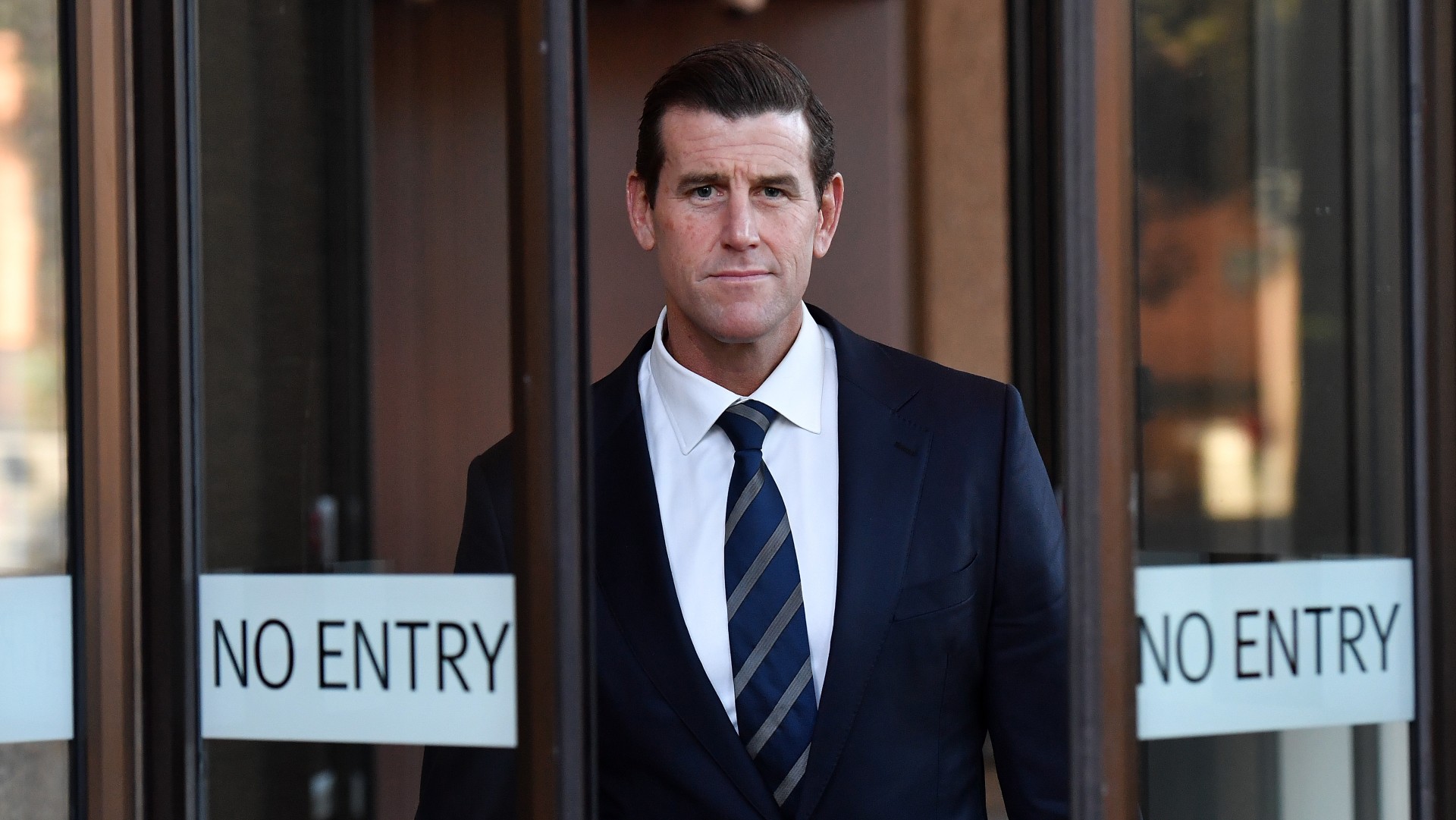 Ben Roberts-Smith: will more Afghanistan war crimes trials follow?
Ben Roberts-Smith: will more Afghanistan war crimes trials follow?Today's Big Question Former SAS soldier lost defamation case against Australian newspapers that accused him of murder
-
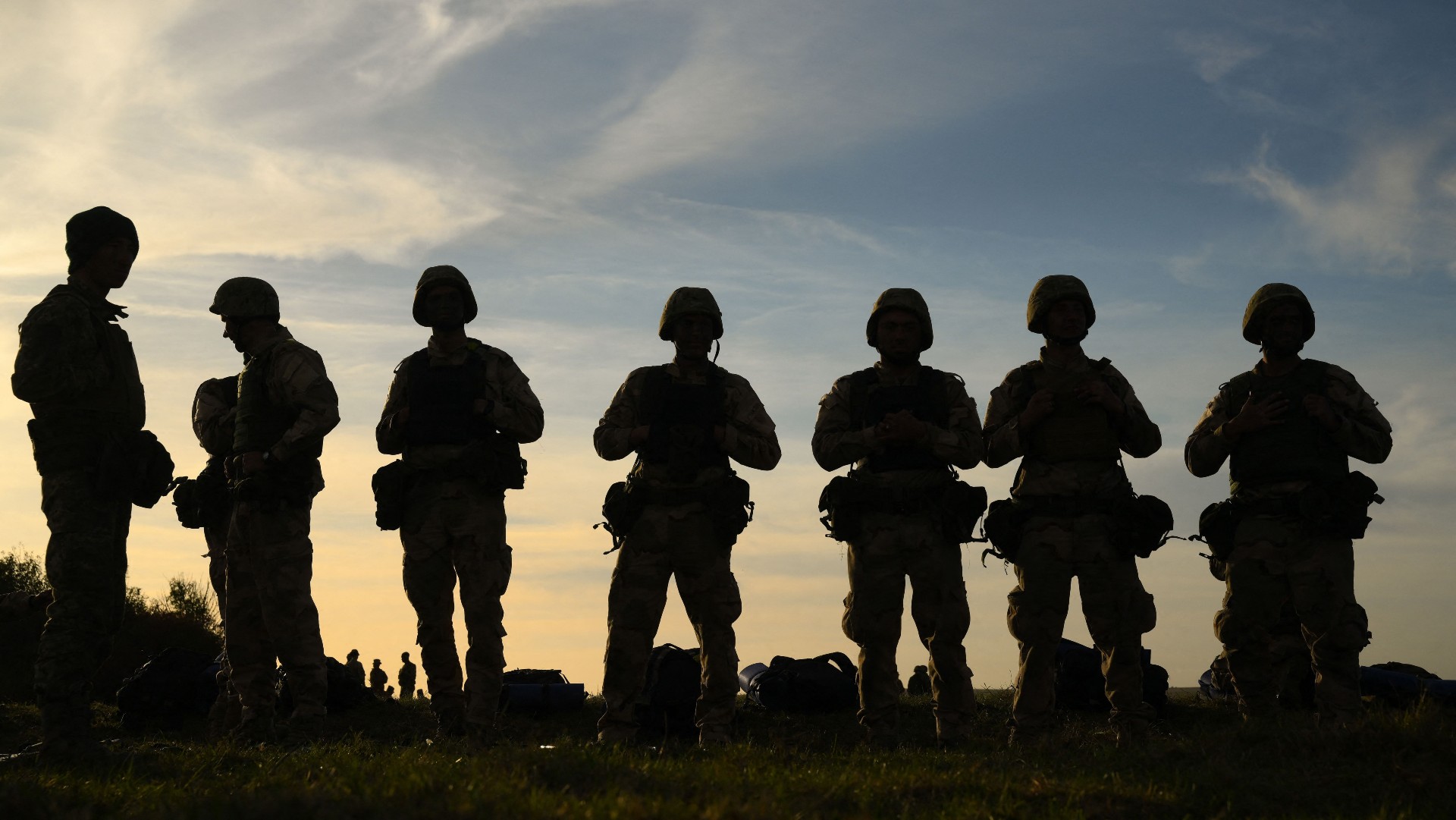 Can the UK rely on the British Army to defend itself?
Can the UK rely on the British Army to defend itself?Today's Big Question Armed forces in ‘dire state’ and no longer regarded as top-level fighting force, US general warns
-
 Afghanistan: A year after the withdrawal
Afghanistan: A year after the withdrawalopinion What did the U.S. leave behind when it pulled out of Afghanistan?
-
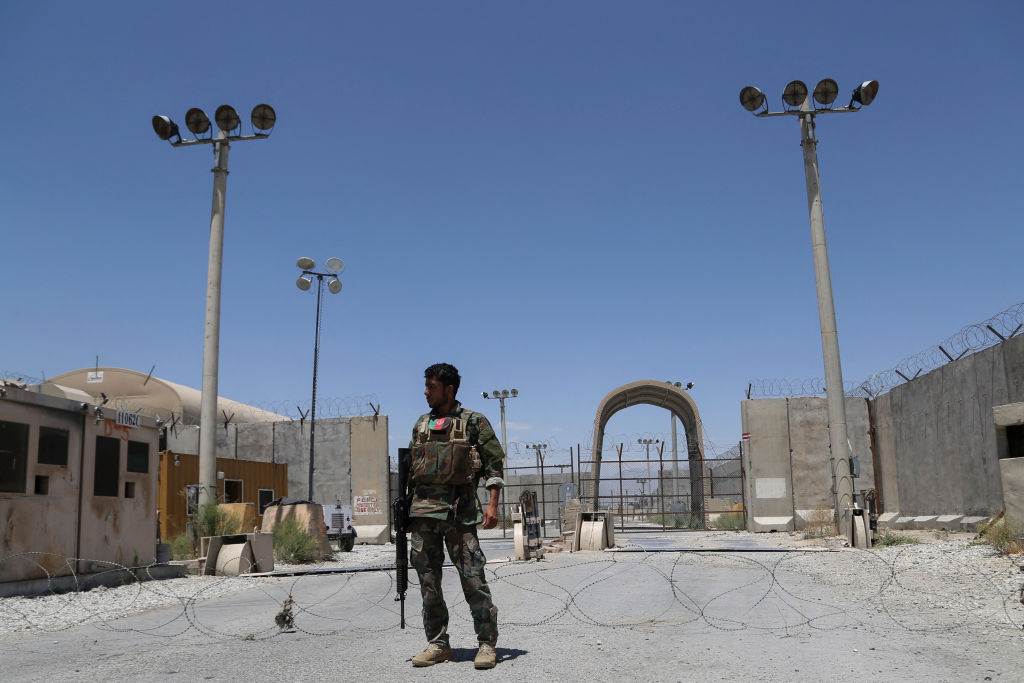 Watchdog report blames Trump and Biden administrations for collapse of Afghan troops
Watchdog report blames Trump and Biden administrations for collapse of Afghan troopsSpeed Read
-
 This is life in Afghanistan since the Taliban takeover
This is life in Afghanistan since the Taliban takeoverSpeed Read Hunger, drugs, and restrictions on women haunt the nation
-
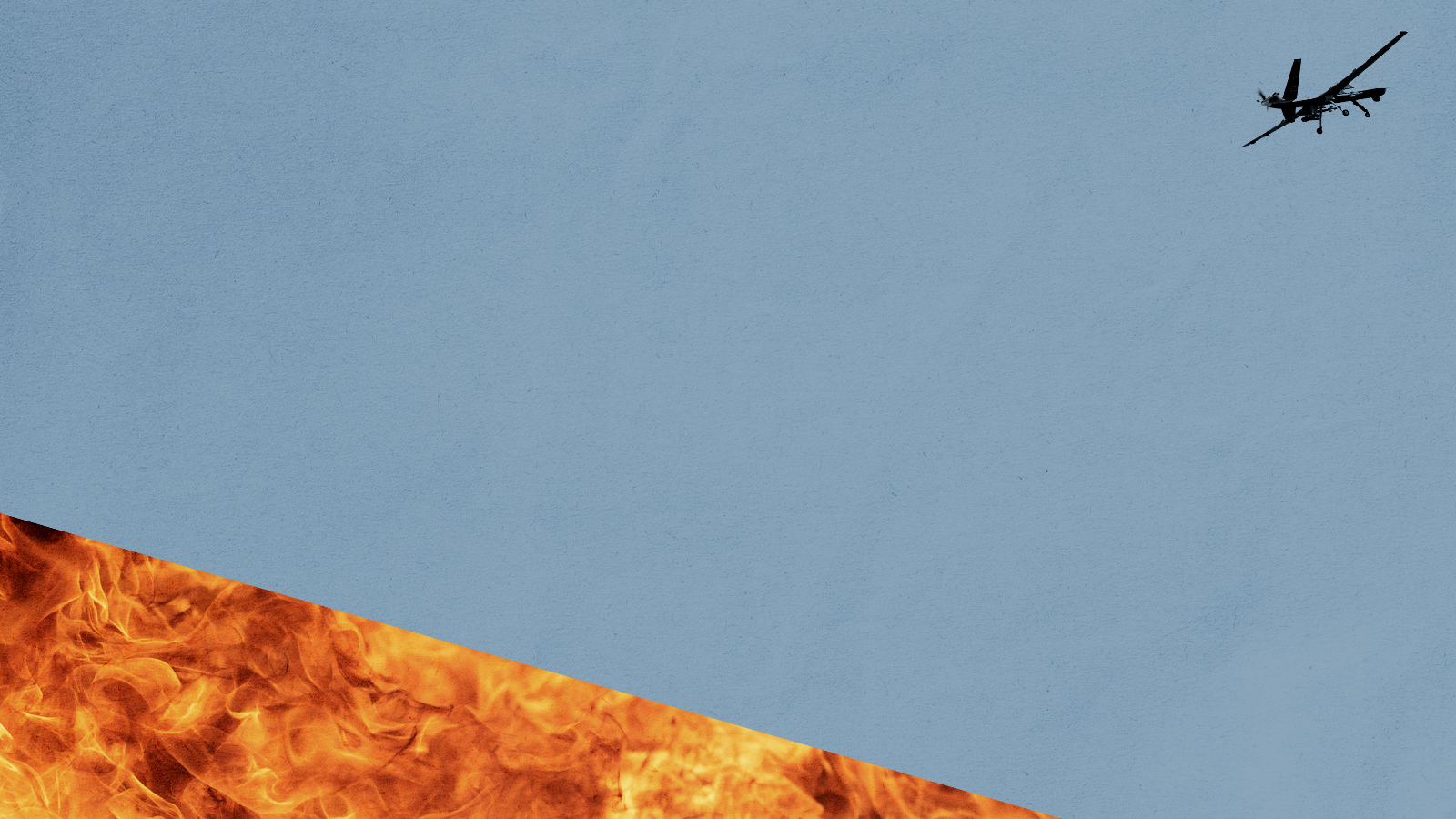 Why the Pentagon can't put an end to civilian deaths
Why the Pentagon can't put an end to civilian deathsTalking Point
-
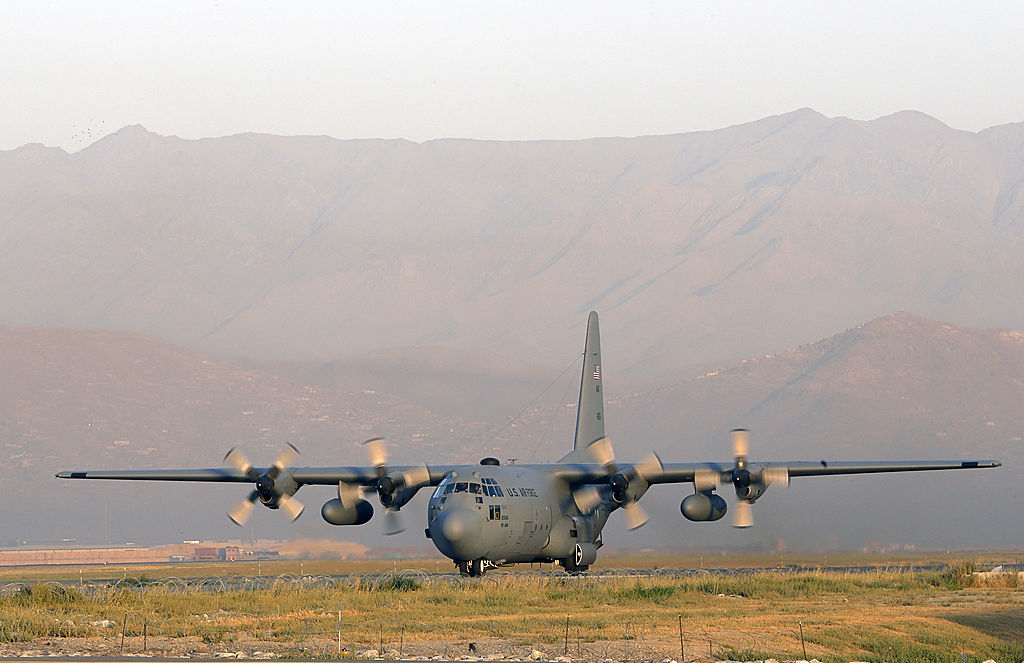 Concerns about Afghan air force were 'being actively addressed,' Pentagon spokesperson says
Concerns about Afghan air force were 'being actively addressed,' Pentagon spokesperson saysSpeed Read
